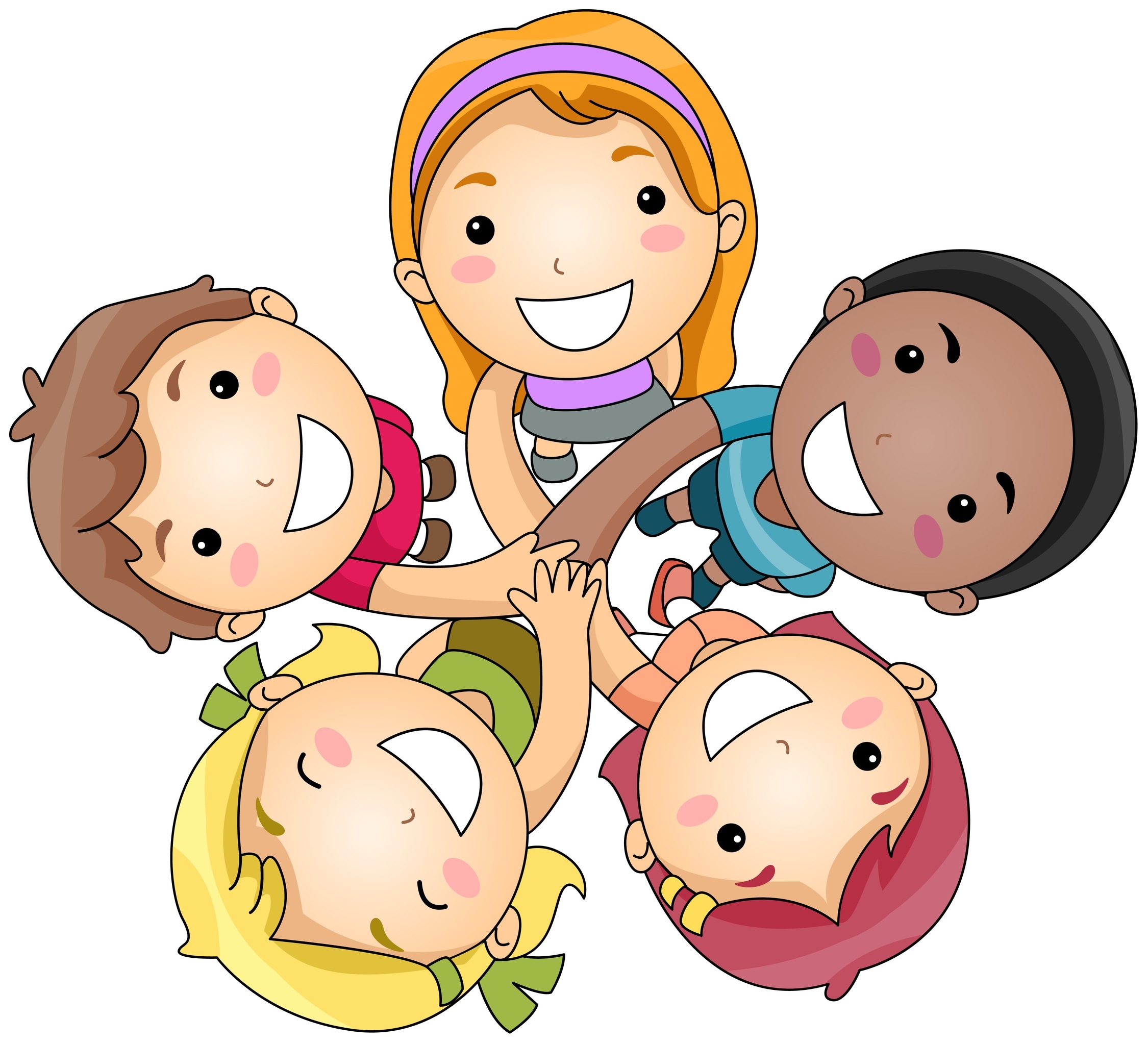Early Years
.jpg)
Welcome to the Early Years at St Ambrose R.C. Primary School
On this page you will find all the information you need about what your child will experience in our Early Years setting and answer any questions you may have.
If you are interested in a place in our Early years class and/or would like a tour of our excellent facilities, please contact the school office.
Early Years at St. Ambrose
Article 28: Your right to learn and to go to school
Article 31: Your right to relax and play
Every child deserves the best possible start in life and the support that enables them to fulfil their potential. Children develop quickly in the early years, and a child’s experiences between birth and age five have a major impact on their future life chances. A secure, safe and happy childhood is important in its own right. We believe that every child is unique and constantly learns through positive relationships, a stimulating environment and rich learning experiences. Therefore, we provide a balance of child-initiated and adult-led activities by fostering and valuing each child's curiosity, which encourages engagement and active learning. We take pride in our indoor and outdoor classrooms by providing a range of practical experiences, for example, role play, construction play, sand and water, den building and physical play. Alongside this, we provide regular phonics, literacy, maths and reading sessions.

We hope that your child enjoys the new challenges and approaches in the Early Years to start their St. Ambrose journey.
What happens in the Early Years?
The Early Years consist of a cross-phase of Nursery and Reception. The high-quality environment ensures that all children develop their independent play skills by supporting each other, and as a result, our children achieve the best outcomes at the end of the early years. There has been a lot of investment over the past few years to develop the provision we offer and ensure that we are able to provide the best experiences for your child. The high-quality environment ensures that all children develop their independent play skills as practitioners reflect on how each area can support and meet your child’s personal needs. As a result, our children achieve the best outcomes at the end of the early years.
Outdoor GIFT Garden
Our outdoor area, the GIFT garden, has also had continual development and investment and offers a broad range of experiences that differ from the experiences they get inside the classroom. Everything is done on a larger scale to help promote children’s gross motor skills and to develop their sense of risk.
The area was planned to give children an opportunity to involve themself in challenging play. The children are able to take risks in a monitored environment. This is vital for children's development and helps them understand their own boundaries and challenge themselves. It is also vital for their physical development.
Below are some images of our fabulous GIFT garden:
.jpg)
.jpg)
What and how do children learn in the Early Years?

The Early Years curriculum is called the Early Years Foundation Stage Framework. It sets out seven areas of learning and development.
The prime areas of learning are:
- Communication and language
- Physical development
- Personal, social and emotional development
The specific areas of learning are:
- Literacy
- Mathematics
- Understanding the world
- Expressive arts and design
These seven areas are used to plan your child’s learning activities.
There are three characteristics of effective teaching and learning that are key elements in the Early Years Foundation Stage. They detail the ways in which children should learn. All children should display these characteristics every day:
- Playing and exploring
- Active learning
- Creating and thinking critically
At the end of the EYFS – in the summer term of the Reception year in school – teachers complete an assessment which is known as the EYFS Profile. This assessment is carried out by the class teacher and is based on what they, and other staff caring for your child, have observed over a period of time.
It states whether your child has reached expected levels in the seven areas of learning at the end of the Reception year. These expectations are called the Early Learning Goals (ELGs).





